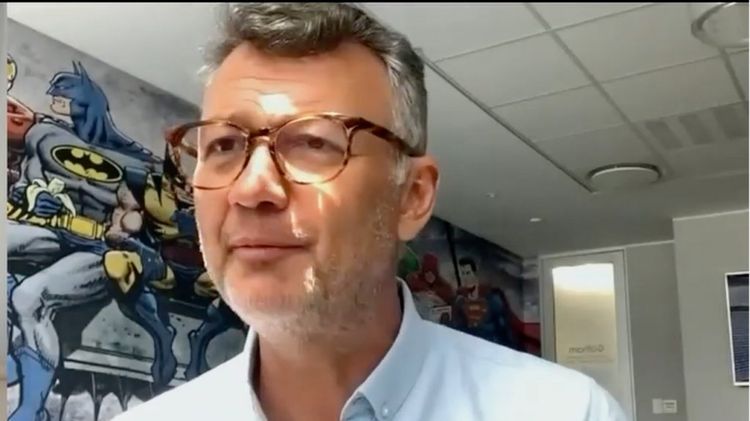Consolidation in telecommunications sector is likely – Jordaan

Consolidation within South Africa’s telecommunications industry is likely and in line with global trends, predicts Montegray Capital founder and CEO Michael Jordaan.
Speaking during a financial services group PSG Think Big Series webinar on Tuesday, he said that South Africa had a very strong telecommunications duopoly in MTN and Vodacom.
This makes it challenging for the smaller players, namely Rain, Telkom and Cell C, to compete against this duopoly.
“It is very, very difficult as a small player to have the capital to do countrywide coverage, which is what customers want. I mean, you want your cell phone to work everywhere,” he points out, noting that in most of the markets in the world, there are two or three big players.
“It is clear to us from our reading of other markets that consolidation is likely to happen.”
His comments emerge as talks between data-only operator Rain and telecommunications group Telkom dissolved earlier this year.
Rain, in which Jordaan is a significant investor, had entered talks with Telkom at the end of September after proposing the acquisition of Rain by Telkom for newly issued shares in Telkom.
At the time, MTN and Telkom had been in discussions, since July, over the potential acquisition of Telkom by MTN.
By October, MTN had terminated discussions as Telkom was not in a position to provide it with assurances around exclusivity.
“While the [Rain/]Telkom merger now for reasons that I am not at liberty to disclose has not [progressed], that does not mean that it cannot happen in the future.”
“We think consolidation in the telecommunications industry is going to happen,” Jordaan avers, adding that smaller players like Telkom, Cell C and Rain will have to make a plan to be able to compete against the big two.
Meanwhile, Rain, along with many telecommunications companies, had bought into spectrum, which Jordaan describes as the lifeblood of telecommunications.
While operators in South Africa had faced significant spectrum scarcity, where for 14 years, no new spectrum was made available, the Independent Communications Authority of South Africa (Icasa), early last year, concluded the long-awaited high demand spectrum auction.
Cell C, Liquid Intelligent Technologies, MTN, Rain, Telkom and Vodacom all participated in the main auction process, which kicked off on March 10, following the opt-in phase auction on March 8, which included Telkom, Rain and Cell C.
“We were delighted that so much spectrum was being made available. Secondly, we were delighted that there were explicit procompetition considerations, which meant certain spectrum was not available for the two larger players and the smaller ones could compete for it, which we did.”
During the opt-in bidding phase on March 8, Rain secured two 10 MHz slots in the 700 MHz band and 10 MHz in the 2 600 MHz band for R1.15-billion. Rain’s participation in the main auction from March 10 resulted in the addition of another 10 MHz in the 2 600 MHz band, spending a total of R1.43-billion by the end of the auction.
“The advantage of that is we are going to be able to cover much more of South Africa much faster, and that we will be able to bring out very, very affordable, unlimited data product to many more South Africans,” he promised.



















































